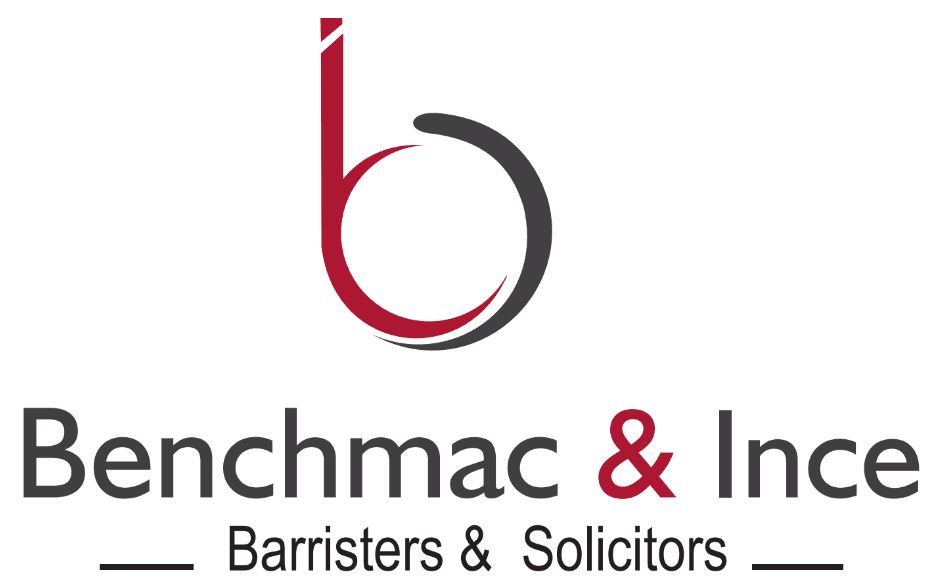This post is the first post of a 2-part series on Regulatory Framework for Foreign Company Incorporation in Nigeria. Read Part 2
A foreign company interested in setting up a new company, subsidiary or a Joint Venture in Nigeria will need to meet certain basic regulatory framework which will legalize its entry into the country.
This article strives to provide a step by step guide on these mandatory steps.
Step 1
Incorporate a Limited Liability Company (LLC) with a share capital of N10m[1] (Ten Million Naira) at the Corporate Affairs Commission (CAC).
All companies intending to operate in Nigeria must be registered with the CAC. The minimum share capital which a private company must have is N10,000[2]. However, for foreign owned companies, the minimum share capital is N10,000,000 (Ten Million Naira) with a maximum of 50 (Fifty) members excluding employees[3]. Foreign nationals may hold 100 percent equity in business enterprises and undertake any kind of business in Nigeria except;
- Production of arms, ammunitions, etc
- Production of and dealing in narcotic drugs and psychotropic substances
- Production of military and para-military wears and accoutrement, including those of the Police Customs, Immigration and Prison Services
- Such other items as the Federal Executive Council may from time to time determine on the negative list.
The process to register is fairly straightforward, and would usually take 5 working days. .
Requirements
- Conduct an availability/name search (AV), for the proposed Company to be registered. Two proposed names need to be submitted (in the vent that one gets denied).
Note: Once the desired name has been approved it will be reserved for 60 days pending the complete registration of the company. Where the company is not fully incorporated after 60 days the name will become unavailable and a fresh name search will need to be conducted.
- On approval of the name, a set of incorporation forms will be filled online as well as the Memorandum and Articles of Association for the Company and signatures of all directors, shareholders and company secretary appended.
- Initial documents are submitted online to the Federal Inland Revenue Service for payment of stamp duties and onward stamping.
- Completed and stamped documents with attached IDs of Shareholders/Directors are submitted to CAC for verification and approval. Where applicable, evidence of consent letter, proficiency certificate and residence permit will be submitted.
- Certificate of Incorporation with accompanying Certified True Copies of relevant documents are handed over showing that the company has been duly incorporated.
Note:
- The company has an 18-month period before filing for Annual Returns.
- All Post Incorporation processes are done at the CAC where all Company files are kept in safe custody pending the completion of the on-going data entry on CAC records.
- Foreign engineering consultants and technical expert or companies may apply for exemption from the requirement of registration if they are in Nigeria:
- Upon invitation by any tier of government for specification individual projects or
- On behalf of a donor country or international organization for the execution of specific individual loan project or
- As foreign government-owned companies engaged solely in export promotion activities
Step 2
Obtain a Tax Identification Number (TIN) and register for Value Added Tax (VAT) at the Federal Inland Revenue Service (FIRS).
This is the next step immediately after incorporation. The TIN is what the company will use when paying for corporate tax and all other taxes, also important is registering for VAT. Companies are agents of the tax authorities when collecting VAT on goods and services, and as such, registering for VAT is important. Also, companies are expected to file monthly VAT returns to the tax authorities. The process for tax registration takes one ( 1) week depending on the location of the tax office.
Requirements
- Submit a copy of all incorporation documents for the assessment and generation of a TIN
- Choose preferable location of tax office for filings
- After receiving the TIN , proceed to the selected tax office to open a file and register for VAT
- Commence Monthly filing of VAT and Withholding Tax (WHT) online between the 1st – 21st of the next month for current month.
- Obtain a Tax Clearance Certificate showing that the tax affairs are in order.
Step 3
Open Domiciliary Bank Account with a Commercial Bank in Nigeria and obtain Certificate of Capital Importation.
An incorporated foreign company in Nigeria is required to open a corporate bank account with any Nigerian bank of choice. The bank account is where the subscribers pay funds for importation of equipment and raw materials, foreign exchange inflow for loans, investments or capital subjects. Once this is done, the company will need to obtain a Certificate of Capital Importation from its bankers. This document certifies that the funds have been remitted into the bank account, and it is also necessary for future purposes when the company wants to repatriate profits of the company outside of the country. The documents required and timelines depend on the bank where the account is opened.
[1] This is the minimum share capital required for a company applying for expatriate quota.
[2] Section 27(2) Company and Allied Matters Act 2004 (CAMA)
[3] Section 22(3) CAMA
The opinions in the articles are for general information purposes only and do not form a legal relationship or be taken as legal advice. To explore legal advice, please consult your solicitor or feel free to get in touch with us directly.


